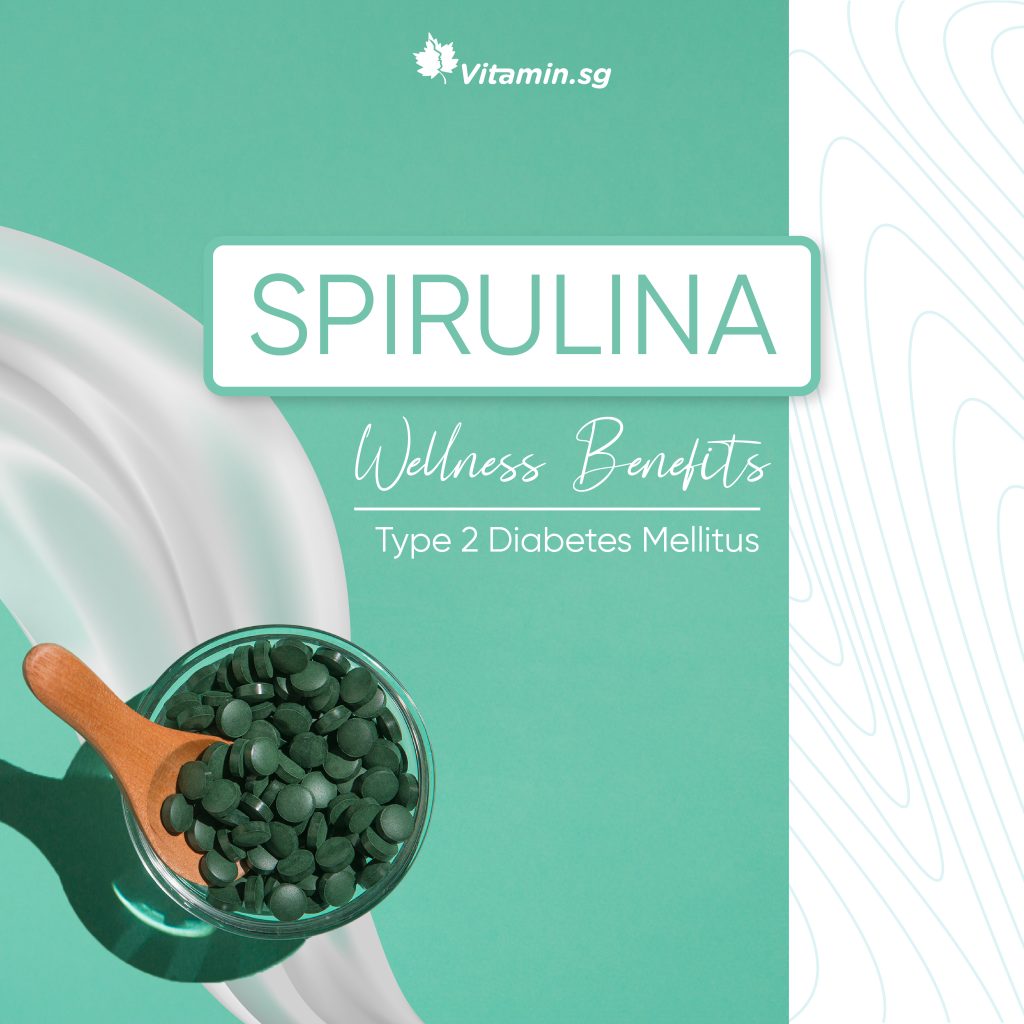Home / Health Blog / Everything You Need to Know About Vitamin B1
Vitamin B1 is also known as thiamine. This water-soluble vitamin is an important part of the diet. Without vitamin B1 in the diet, the beriberi disease may result. Although this condition is relatively rare these days, this condition is known for causing a person to become painfully rigid, cause debility and develop lesions on the nerves.Thiamine was discovered in 1910 in Japan following research on how rice bran was able to cure people of the beriberi disease. Thiamine was first isolated in its pure form in 1926. It was synthesized ten years later in 1936. Thiamine plays a huge role in carbohydrate metabolism, which is important so that the body can utilize carbohydrates properly.Thiamine is important for the nervous system and is very important for enzymes functioning properly. These enzymes have very important roles in the body, such as specific types of nerve signals that run from the spinal cord to the brain. Additionally, vitamin B1 is important in processing fats, proteins and carbohydrates. For each cell, thiamine is used to make adenosine triphosphate, which is a very important part in fueling the body with energy. The heart also utilizes thiamine extensively and is necessary for the heart to keep its constant pumping action.Deficiency of thiamine is very important to avoid. For one, it can cause a very debilitating disease. The disease was very prevalent in sailors in the 19th century, similar to the prevalence of scurvy. Like those who developed scurvy, the deficiency occurred because the sailors did not have access to the proper foods that were a source of thiamine.Thiamine deficiency is often found in those individuals who suffer from alcoholism, malnutrition, and foods that have an anti-thiamine factor. Foods that have this factor include tea and coffee. It is also believed that many people with diabetes also suffer from a deficiency.There is a variety of sources for thiamine today and it can be found in a variety of different foods including:
The recommended daily allowance is 1.4 mg. It is also believed that a dosage of 50 mg is able to increase a person’s mental acuity.


